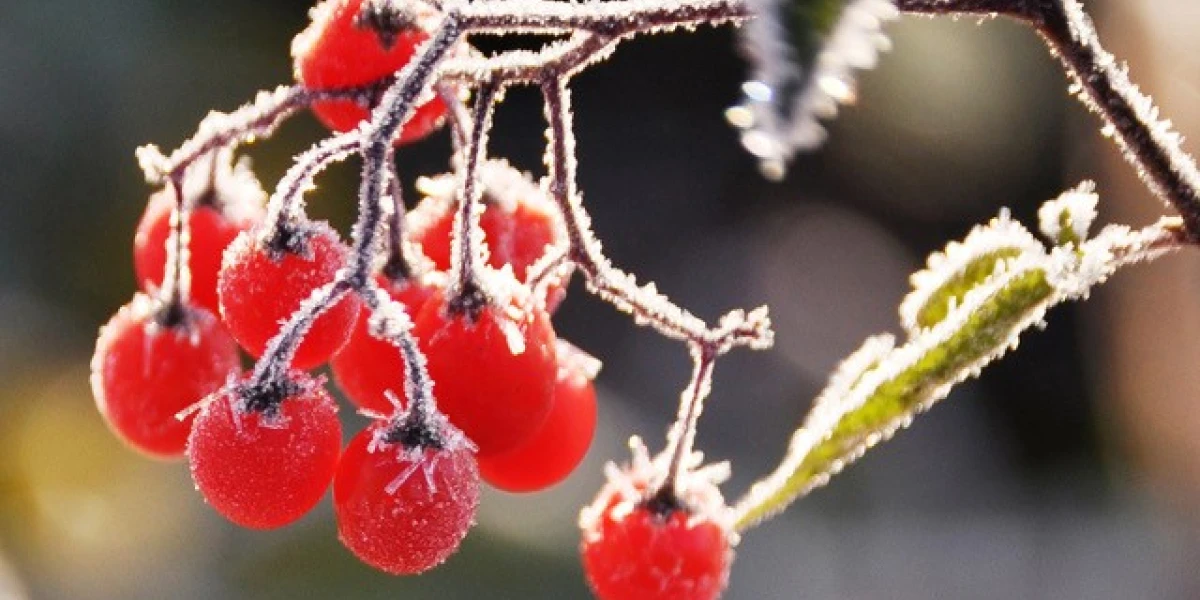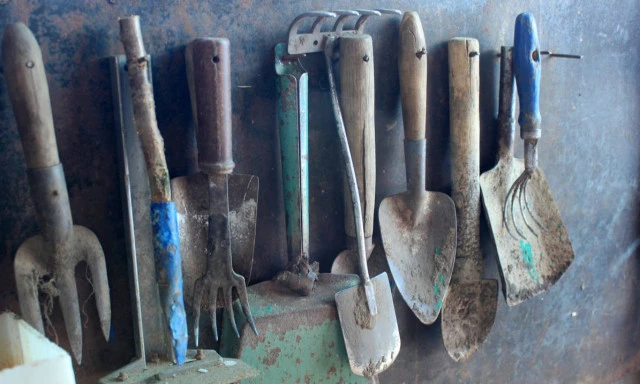Do’s
- Clear up leaf litter and dead material. Dispose of the material in your organics bin, burn it or add it to your compost, but if composting, make sure the compost is not used for at least 6 months to ensure any disease spores and pest eggs are killed.
- Prune and destroy dead, damaged and diseased parts of trees and shrubs.
- Protect dormant trees, shrubs and roses from disease and pests using winter protectants; Kiwicare PLANThealth Liquid Copper followed by Organic Super Spraying Oil. These are best applied in still, dry, cool, dull weather, in late autumn and through winter. Then one month later, and before bud burst apply Organic Super Sulphur.
- Protect tender trees and shrubs from wind and frost by moving them into sheltered positions or wrap them in garden windbreak.
- Care for your lawn. Rake up fallen leaves regularly. Do not allow leaves to build up on the lawn where they would prevent light reaching the grass, rotting and killing it underneath.
- Mow your lawn only if growth makes it necessary but set the blades at least 2 cm higher than normal.
- Clean and Maintain Gardening Tools - Keep your gardening tools clean and well maintained. In particular, pruning equipment should be kept clean to prevent the spread of disease. Clean with washing-up detergent and warm water, then dry thoroughly and oil if necessary. It would also be a good time to sharpen any cutting implements.
- Apply a layer of pea straw to the roots of sensitive plants to restrict weeds and protect the roots from frost.
- Your indoor plants will benefit from some attention in winter too. Move them away from cold draughts and adjust watering depending on whether they are in heated rooms. Most indoor plants prefer high humidity. In unheated rooms they will need less water but in heated rooms they may need more frequent watering and the drying conditions of indoor heating mean the plants should be misted more often.
Don’ts
- Don’t ignore your dormant garden in winter. It may look like nothing is happening in the garden but lurking among the leaf litter, bark, dead twigs and branches are the spores of diseases and the over-wintering eggs of insect pests. You can ensure your garden explodes with vital health in spring by taking a little time now to protect your trees and shrubs from these pests and diseases.
- Don’t mow, prune or spray in frosty conditions.
- Don’t walk on water sodden lawns. Avoid walking on your lawn when it is very wet as this will compact the soil and reduce oxygen availability to roots.
- Don’t walk on frost covered lawn. Unless you want yellow footprints across your lawn when the frost melts.
- Don’t cut your lawn short, if you need to cut the lawn just trim it and keep your mower a notch or two higher than you would in summer.
- Don’t leave your garden tools outside where they would rust or decay.
With a little care and attention in winter you can look forward to the new growth in your garden in spring.

